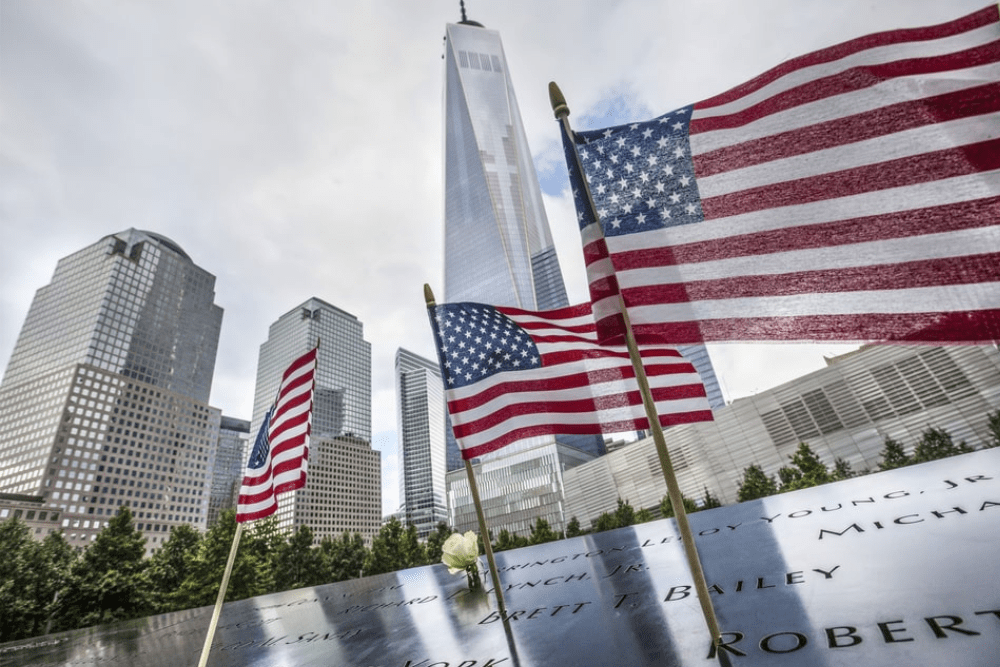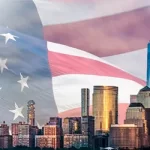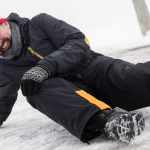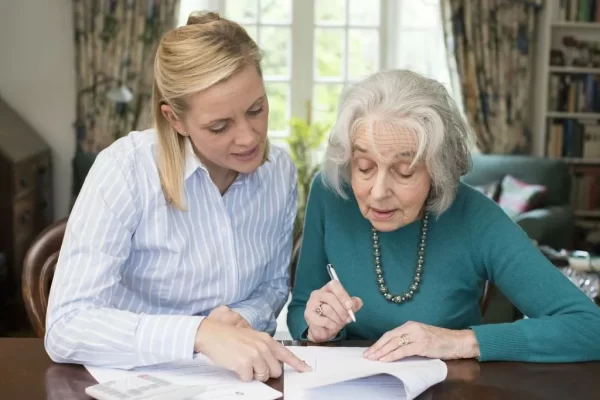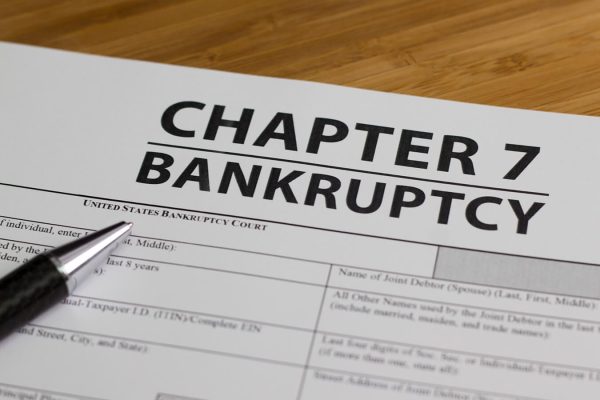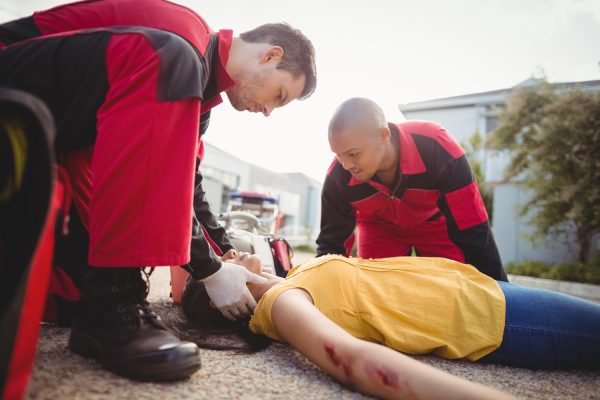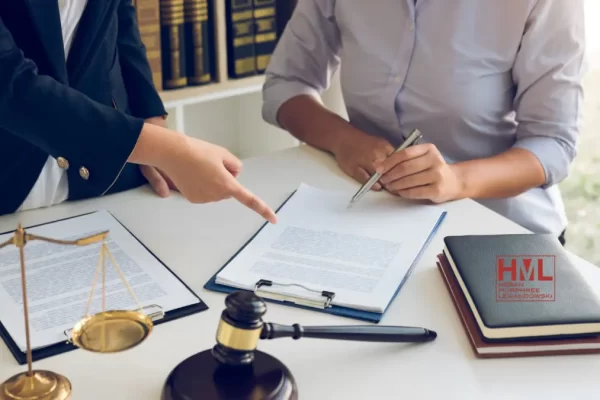Most injured victims thought of suing the airlines that carelessly let the 9/11 hijackers board their planes for damages in the immediate wake of the September 11 assault on the World Trade Center. Legislators established the 9/11 Victim Compensation Fund, often known as the WTC VCF, and the WTC Health Program out of concern that such lawsuits may ultimately bankrupt commercial carriers. By the close of 2016, this World Trade Center fund had reimbursed 9/11 victims in New York and other locations for over $2 billion, with over half of that amount going to first responders who had suffered injuries.
How Much Money am I Going to Get?
The 9/11 victims’ compensation fund was initially intended to be a fair substitute for the above-discussed tort litigation against airlines, much like the workers’ compensation system. The idea behind the VCF fund was that 9/11 victims and their families would prefer it to the relative risk of filing individual damage claims. However, the VCF structure could be quicker and more equitable, and leveling the playing field frequently requires the vigorous and knowledgeable representation of a 9/11 lawyer.
Who Qualifies?
Paul J. Napoli assisted in the development of the Zadroga Act in 2011, which significantly increased the World Trade Center Victims Compensation Fund’s exposure area. The exposure zone’s northern limit was redrawn to follow Canal Street, East Broadway, and Clinton Street. Consequently, Chinatown and other districts around Midtown that have seen 9/11 injuries are qualified for reimbursement. Claimants also need to have been in the Exposure Zone on 9/11 or during the year that followed the assault. Generally speaking, the SM virtually rubber-stamps applications involving Ground Zero emergency personnel, which is a commendable attitude but inevitably results in less funding for other victims. To have a reasonable chance of receiving compensation, victims who do not have a WTC lawyer must respond to probing questions from the SM.
Which Prerequisites Apply?
Numerous 9/11 victims in New York suffered from a wide range of physical and psychological wounds. WTC VCF rewards are available for both kinds of injuries. Among the frequent injuries are:
Trauma Wounds: Generally speaking, payouts from the Victims Compensation Fund for head injuries, deaths, broken bones from falling items, and other similar injuries are only available to victims who were at or near Ground Zero at or about 9:00 on 9/11. Musculoskeletal Health: WTC VCF awards for ailments such as carpal tunnel syndrome, lower back pain, and other related disorders are only available to 9/11 emergency responders.
Cancer: The authorized conditions list includes more than fifty kinds of cancer, also known as “9/11 cancers.” Of them, the most notable is any “rare” cancer that affects less than 15 people per 100,000 people.
The VCF often does not make accommodations for conditions “substantially similar” to specified conditions. Therefore, a 9/11 cancer or disease is not typically the same as a Social Security Disability illness. Like cancer, a lot of these illnesses are challenging to detect. Furthermore, if the victim spent a few days in the Exposure Zone in the months following the attack, there may not be a clear connection between these illnesses and 9/11. In any case, there may be a refusal or a delay.
A Knowledgeable VCF Attorney Can Assist
The lawyers know what questions to ask regarding your movements in the months following 9/11 during your initial meeting. In most circumstances, a member of the professional staff can then refer you to a qualified physician. Usually, you are not charged for the doctor’s diagnosis and treatment plan recommendations. That doctor’s evaluation and treatment plan will likely be more accurate because they are armed with knowledge regarding your potential 9/11 injury. WTC VCF claimants without strong advocates are clearly at a disadvantage because the Special Master rarely finds that a claimant’s mere existence in the Exposure Zone is sufficient to establish a connection between 9/11 and cancer or disease. A lawyer can provide further proof and persuasive arguments that strengthen the case and highlight the connection.

